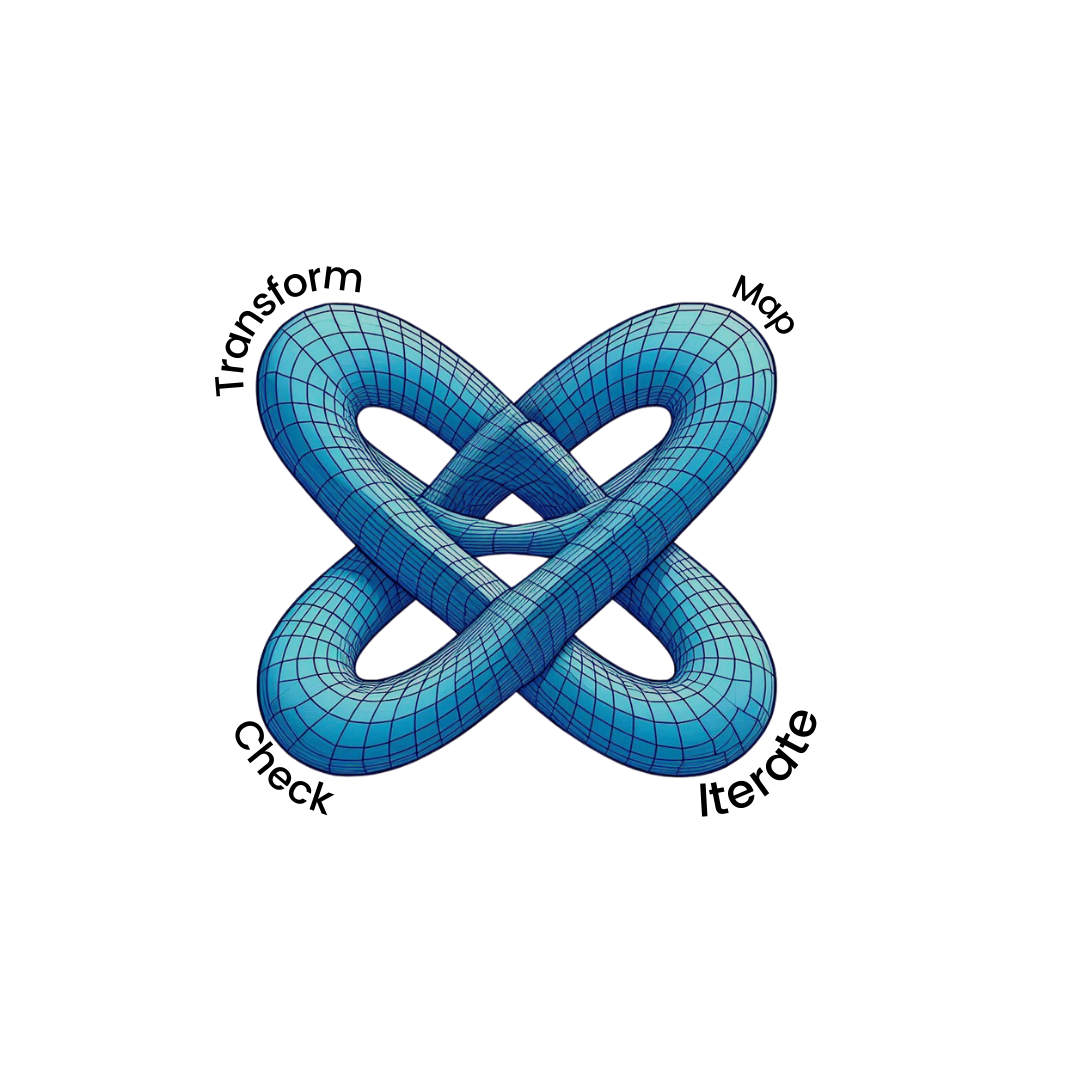Ending Food Deserts with MICT
A Community-Driven, Data-Powered Approach
Our Mission
Millions of Americans lack access to affordable, nutritious food. Food deserts contribute to health disparities, economic inequality, and reduced quality of life. At Boredbrains Consortium, we're tackling this challenge head-on using the Mobius Inspired Cyclical Transformation (MICT) framework.
MICT is a powerful, iterative approach to problem-solving. We use it to:
- Map: Understand the specific needs of each community.
- Iterate: Develop and test innovative solutions (like community markets, mobile delivery, and online ordering).
- Check: Measure our impact and gather feedback.
- Transform: Continuously adapt and improve our approach based on real-world results.
We believe that by combining technology, community engagement, and a data-driven approach, we can create sustainable solutions to food insecurity.
Ending Food Deserts: A Socially Responsible Investment with Untapped Market Potential
The Human Story & The Problem):
Imagine a single mother working two jobs to make ends meet. She wants to provide healthy meals for her children, but the nearest supermarket is miles away, accessible only by a long and unreliable bus ride. Her local convenience store offers plenty of processed snacks and sugary drinks, but fresh fruits and vegetables are scarce and expensive. This isn't an isolated case. Millions of Americans face this reality every day, trapped in "food deserts" – areas with limited access to affordable, nutritious food. This isn't just a social injustice; it's a missed economic opportunity.

The Scope of the Problem - Data-Driven:
The USDA estimates that over 13 million American households experience low food access, disproportionately impacting low-income communities and communities of color. This lack of access contributes to higher rates of diet-related diseases, costing the healthcare system billions of dollars annually. But beyond the statistics, there's a fundamental human cost: diminished health, reduced productivity, and limited potential. The current system is failing these communities, and traditional solutions have fallen short.
Introducing MICT/HCTS as the Innovative Solution:
We offer a new approach, a better approach: The Mobius Inspired Cyclical Transformation (MICT) framework. MICT isn't just another band-aid solution. It's a dynamic, data-driven, and community-focused system for creating sustainable food access solutions. We leverage a continuous cycle of Mapping local needs, Iterating on innovative business models, rigorously Checking results, and Transforming our approach based on real-world data. This isn't just about opening grocery stores; it's about building resilient, thriving food ecosystems.

The Business Opportunity - Untapped Market:
While the social imperative is clear, the business opportunity is equally compelling. Food deserts represent a significant untapped market. Residents in these communities are spending money on food, but often on less healthy, more expensive options due to lack of choice. By offering affordable, nutritious food in a convenient and accessible way, we can capture a significant share of this existing market while simultaneously improving lives.

Our Approach - Specific Business Models):
We're not proposing a one-size-fits-all solution. Our MICT framework allows us to adapt to the unique needs of each community. We are exploring and piloting several innovative business models, including:
- The "Community Hub" Market: Smaller-format stores strategically located within food deserts, offering a curated selection of fresh produce, healthy staples, and prepared meals at affordable prices. These stores will also serve as community centers, offering nutrition education and cooking classes.
- Mobile Markets: Bringing fresh, healthy food directly to residents through a fleet of mobile markets, reaching multiple locations on a rotating schedule.
- Online Ordering with Local Pickup: Leveraging technology to provide the convenience of online grocery shopping, with convenient pickup locations within the community.
- Hybrid Solutions: Combining the best aspects of each model to create a customized approach for each community.
The Financial Return - Sustainability and Scalability:
This is not charity; it's a sustainable business model with the potential for significant returns. By focusing on efficiency, community engagement, and innovative solutions, we can:
- Reduce overhead costs: Smaller store formats, streamlined operations, and optimized logistics.
- Increase volume: Capture a significant share of the existing food spending in underserved communities.
- Build brand loyalty: Become a trusted provider of healthy, affordable food, creating long-term customer relationships.
- Attract impact investors: Tap into the growing market for socially responsible investments.
- Leverage government incentives: Take advantage of tax breaks, grants, and other programs designed to support businesses in low-income communities.
- Scale rapidly: Once we've proven the model in one community, we can replicate it in other food deserts across the country.
The Team/Expertise - Adapt this to your situation:
We have a passionate and experienced team with expertise in [mention relevant areas: business development, supply chain management, community outreach, nutrition, technology, AI, and the MICT/HCTS framework]. We are committed to building a sustainable and impactful business that addresses a critical social need. [Mention your/your team's relevant experience – keep it concise].
